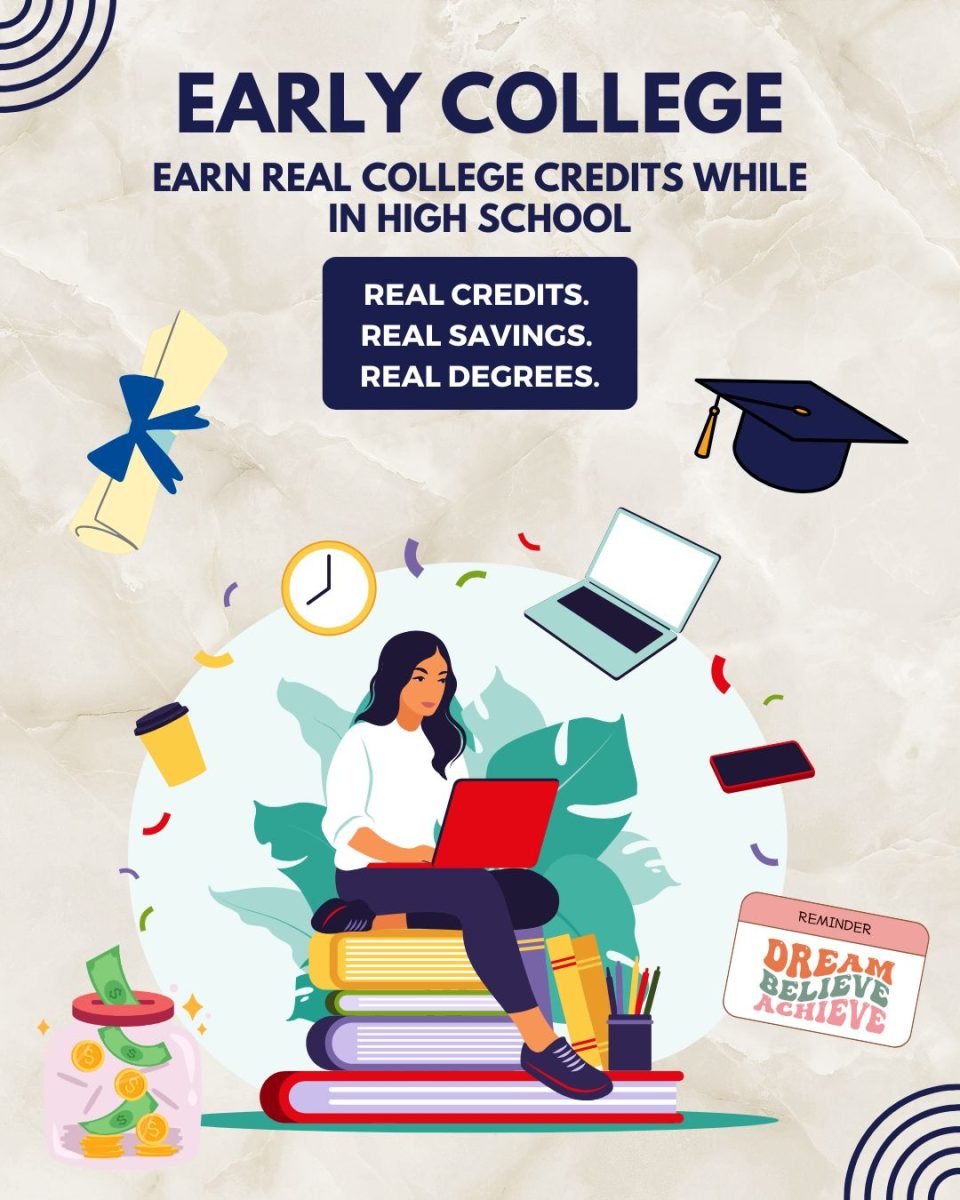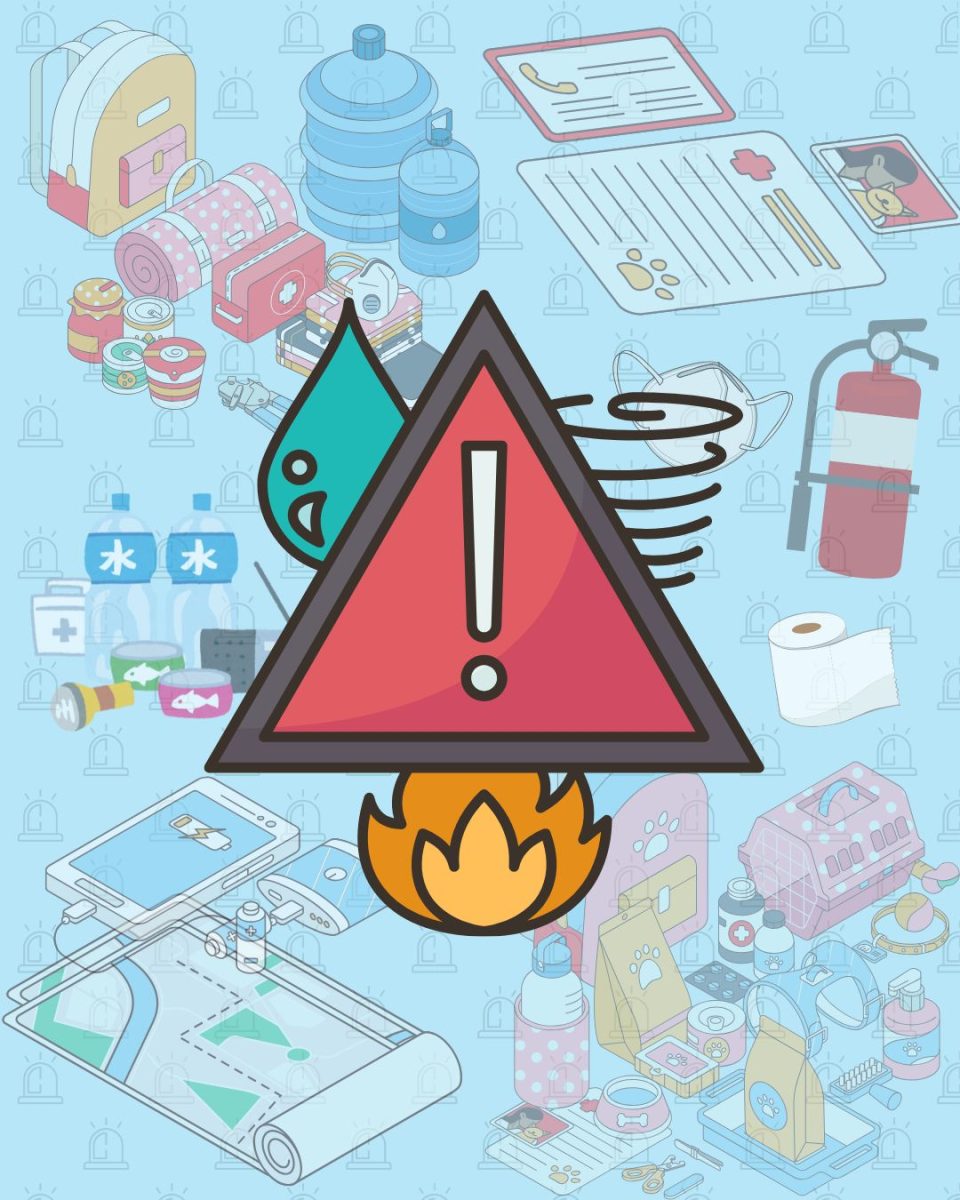iPhones and Androids are both loved by many people. Both phones have powerful features, but consumers are left wondering which one is the better option to purchase.
Apple’s net worth is $324.328 billion; its business primarily runs around its flagship iPhone. On the other hand, Samsung’s net worth is $346.66 billion, making Samsung the more financially valuable company.
Data Security
For cybersecurity, the most secure phones are the iPhone and Google Pixel.
Apple
iPhone data is encrypted by default when a user creates an Apple ID and passcode. This keeps user data protected against threats with iCloud with iMessage contact key verification.
Android
Android comes with protection already through an app called “Protection.” As one might guess, “Protection” keeps phones protected. There are three categories of policy settings: data protection settings, access requirements, and conditional launch. Policy-termed apps refer to apps that are configured with app protection policies.
However, many Android applications contain viruses, and open-source apps are mostly to blame; these apps can be created by anyone and can contain malware that targets Android devices.
Hardware and Reliability
Apple
Apple has a hard-earned reputation for incredible high-quality products. The iPhone doesn’t use only traditional gigabits for the device to work; it uses iCloud to keep photos, files, notes, passwords, and other data secured.
The iPhone scored 3.47 on the Fixya scale and more than 600 experts on camera hardware technology work in a group led by Graham Townsend, a camera expert who has worked and acknowledged the camera. Which fixya is a question and answer website where community members ask and answer.
Android
They are prone to overheating, phone freezing, and app crashing. Most Android phones come with limited storage space.
Androids typically have at least 64GB, which is limited storage space, but there are other options with larger built-in storage for an additional cost. 128 GB is enough for basic phone use and data storage, and 256GB is enough for the average user’s storage. 512 GB will store photo, video, and movie collections. Many Android devices still use SD cards for additional phone storage after purchase.
Battery Life
Apple
The battery life for the iPhone 14 Max Pro, one of the newest iPhones, is 13 hours and 7 minutes. One of the oldest iPhones, the iPhone 11, has a battery life of 11 hours and 16 minutes.
Android
Like iPhones, they have very expensive prices, and a non-removable battery that works up to 8-20 hours depending on how you use it. It takes approximately 3 hours to be completely charged. Androids do not have factory lightning cables and Androids do not have a specific brand name or they can not be related.
Camera Quality
Apple
iPhones have a good-quality camera. Some of the iPhone camera features include digital zoom up to 5x, Portrait Light with six effects, Dual 12MP camera system: Main and Ultra Wide camera, Main: f/2.4 aperture, Portrait mode with Focus and Depth control. Also, all newer iPhones have 3 cameras for better photo quality.
Android
Many Androids now have three or more cameras like iPhones. However, the other camera features available with Android depend on which brand is purchased. The wide range of Android brands leads to Android camera features and quality having less consistency.
Mobile Features and device syncing
Apple
Apple ID logins can be used to sync Face ID, Apple Pay, Apple Card, and cellular service, etc. iPhones can be paired to work beautifully with Macs, iPads, Apple Watch, Vision, Airpods, Apple TV, and iHome.
Android
Android phones, such as those by Google and Samsung, are designed to sync with products by their brands similar to Apple; for example, Android phones can be synced with tablets, computers, and TVs. Androids also have digital payment options, like Samsung Pay just like Apple.
Pricing
Apple
iPhone 15 Pro & iPhone 15 Pro Max ($999), iPhone 14 & iPhone 14 Plus ($699), iPhone 13 ($599)
Android
Samsung Galaxy S23 ($1,200) Google Pixel ($450)
What does this mean?
To conclude, iPhones and Androids have their pros and cons. They are both great phones. Of course, iPhones have better quality cameras and Android´s are easier to manage and less fragile. The best option for each user ultimately is determined by their personalized needs, so an informed decision is necessary when purchasing a new phone.
Are you on Team Android or Team iPhone? Let us know at [email protected] or let us know on social media!







